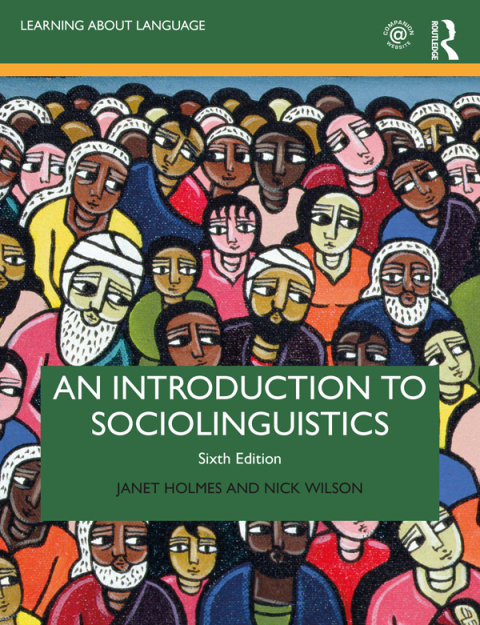Description
Efnisyfirlit
- Halftitle Page
- Key Themes in Policing
- Title Page
- Copyright Page
- Table of Contents
- List of abbreviations
- Series preface
- Introduction
- Critical friends
- Aims of the book
- The importance of reasoning within ethical policing
- Outline of the chapters
- 1. Establishing the parameters of ethical policing
- Introduction
- An emphasis on moral obligation in understanding ethical policing
- Ethical policing is competent policing
- Ethical policing requires reflective practice
- A normative approach to understanding ethical policing
- The contested nature of policing within liberal democratic contexts
- Philosophical but not unnecessarily abstract
- Embedding ethical reasoning in routine police work
- Conclusion
- 2. From ethical neutrality to principled policing
- Introduction
- Are principles necessary to achieve ethical policing?
- The classical liberal perspective and the role of ethical neutrality within liberal individualism
- The limitations of ethical neutrality
- A distinction within moral philosophy between amorality and immorality
- Moral obligations, Immanuel Kant and a deontological ethic
- Conclusion
- 3. The role of human rights in providing the basis for good policing
- Introduction
- The emergence of rights: a brief overview
- Challenges of embedding human rights in policing
- Do human rights provide a moral basis for policing?
- The universalism and international character of human rights versus national self-interest
- Human rights do not necessarily achieve what they are supposed to achieve
- Conclusion
- 4. Justice as fairness, procedural justice and police legitimacy
- Introduction
- Philosophical and empirical accounts of legitimacy
- Procedural justice, consensual legitimacy and policing by consent
- The liberal democratic understanding of legitimacy related to ethical policing
- The dual characteristics of legitimacy as a defining feature of liberal democratic societies
- Rawls’ liberal democratic thinking as it applies to ethical policing
- Conclusion
- 5. Ethical policing in practice: consequences matter
- Introduction
- Utilitarian ethics as a form of consequentialism
- Noble cause corruption
- The declining influence of harm to others
- The dirty hands doctrine
- Lesser evil ethics
- The problematic nature of obligation with contexts of police ethics: consequences matter!
- Moral aspirations as opposed to morally binding obligations
- Conclusion
- 6. Embedding ethics within police practice
- Introduction
- An officer’s responsibilities within ethical policing
- Aristotle’s virtue ethics
- The re-emergence of virtue ethics in the 20th century
- Context, particularism and the linking of ethics to a practice
- Understanding virtue as it relates to the will
- Police discretion and the idea of reflective police practice
- Conclusion
- Concluding remarks
- Looking forward
- References
- Index
- Back cover







Reviews
There are no reviews yet.